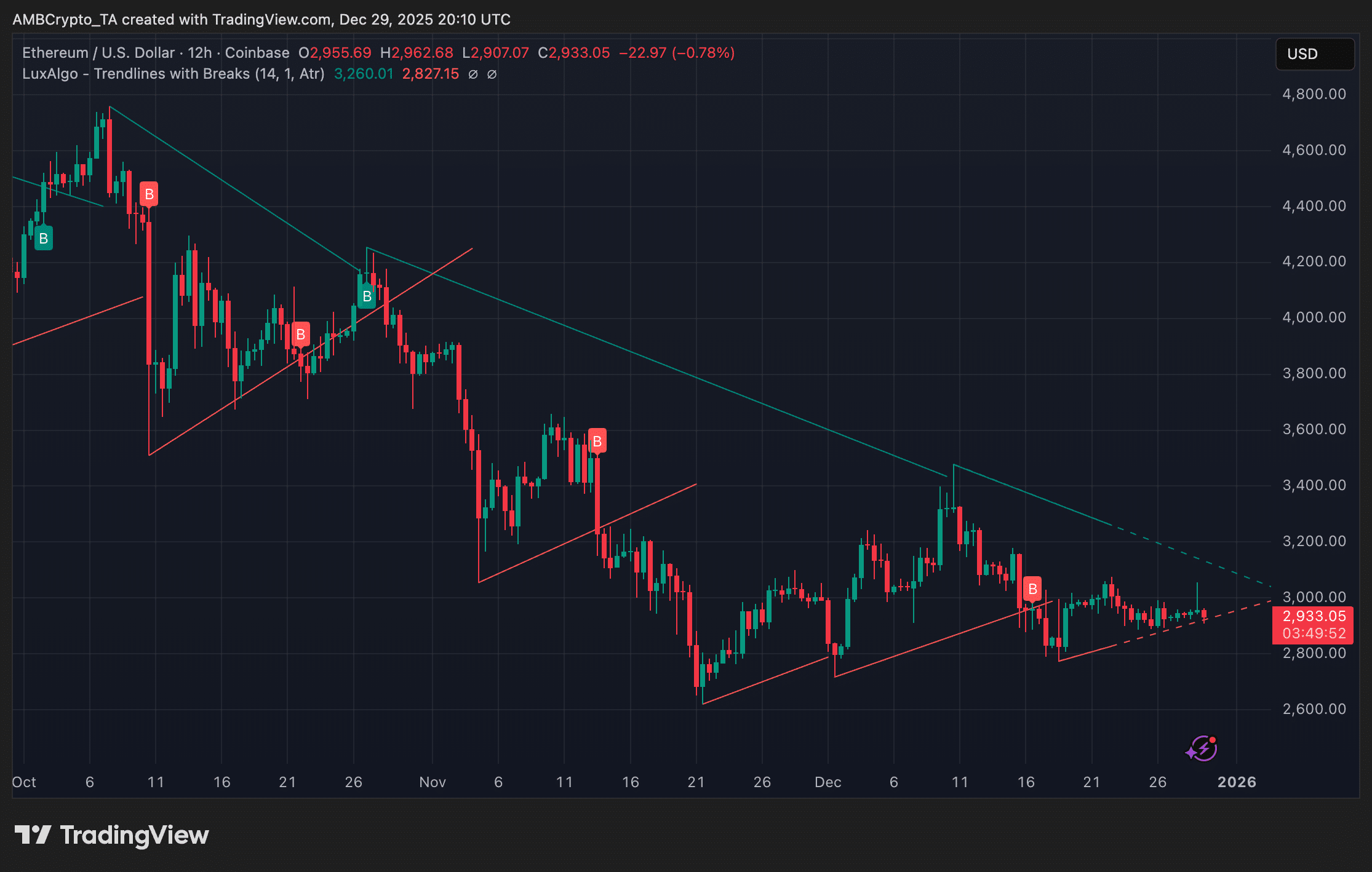Senator Pushes Blockchain Budget to Force Political Accountability
- Philippine Senator Bam Aquino proposes blockchain-based national budget to boost transparency and accountability. - Initiative builds on existing DBM blockchain platform using Polygon, supported by local firm BayaniChain. - Mirrors global trends like U.S. blockchain economic data plans, aiming to set new governance standards. - Faces challenges in implementation, scalability, and political support despite potential to enhance public trust.
Senator Bam Aquino of the Philippines has announced his intention to propose a bill that would place the country's national budget on a blockchain platform, aiming to enhance transparency and accountability in government spending. Aquino made the announcement during the Manila Tech Summit, stating that he plans to file the bill within the coming weeks. "No one is crazy enough to put their transactions on blockchain, where every single step of the way will be logged and transparent to every single citizen. But we want to start," Aquino said, according to a report from local media outlet Bilyonaryo. If implemented, the proposal would make the Philippines the first country in the world to place its entire national budget on a blockchain.
The initiative aligns with the Department of Budget and Management's (DBM) existing blockchain platform, which has already begun recording and publishing select financial documents for public verification. Launched earlier this year, the platform uses Polygon’s Proof-of-Stake network as its consensus and transparency layer. This system allows for the tamper-proof recording of documents such as Special Allotment Release Orders (SAROs) and Notices of Cash Allocation (NCAs). While it is unclear if the current platform will be scaled to accommodate the entire national budget or if a new system will be developed, the senator’s vision represents a potential extension of the DBM’s existing infrastructure.
BayaniChain, the local blockchain infrastructure firm behind the DBM’s on-chain platform, has expressed support for Aquino’s proposal. "His vision aligns with ours: creating more transparent and accountable systems for the Philippines," said Paul Soliman, co-founder and CEO of BayaniChain. The firm emphasized that while blockchain is not a panacea for corruption, it can create immutable records that ensure accountability from government officials. The current DBM platform, developed in collaboration with Prismo and Polygon, provides a model for how such transparency could be extended to the national budget.
Aquino’s proposal has drawn comparisons to similar initiatives in other countries. In the United States, for example, the Department of Commerce has announced plans to publish key economic data on a blockchain, starting with GDP figures. This move, like Aquino’s, is part of a broader trend toward using blockchain technology to increase government transparency. The parallel developments highlight a growing interest in leveraging decentralized systems to improve public governance.
While the proposal remains in its conceptual stage, the potential implications are significant. By placing the national budget on a blockchain, the Philippines could establish a new standard for government accountability, allowing citizens real-time access to how public funds are allocated and spent. The initiative could also serve as a model for other nations seeking to enhance fiscal transparency and public trust in government institutions through technological innovation. However, challenges such as implementation, scalability, and securing political support will need to be addressed for the proposal to move forward.

Disclaimer: The content of this article solely reflects the author's opinion and does not represent the platform in any capacity. This article is not intended to serve as a reference for making investment decisions.
You may also like
How to make your startup stand out in a crowded market, according to investors
HYPE Coin Surges as Avalanche Faces Downward Struggles
Crypto Crystal Ball 2026: Will Crypto Lose the Fight for a Market Structure Bill?
Bitcoin and Ethereum’s post-Christmas bounce fades as sentiment normalises
